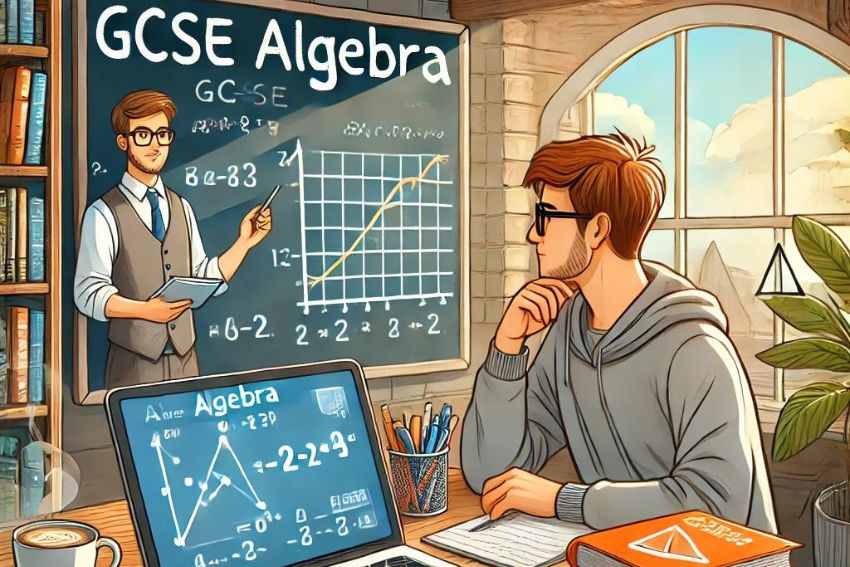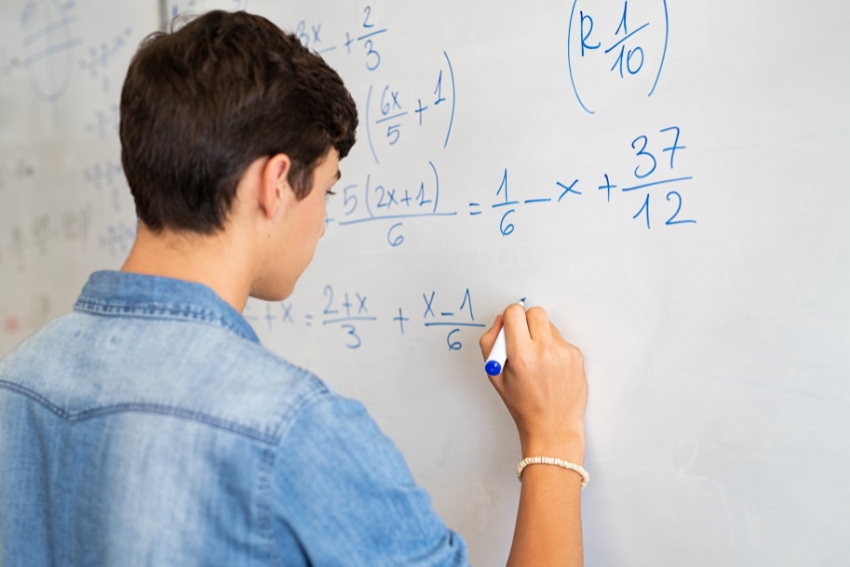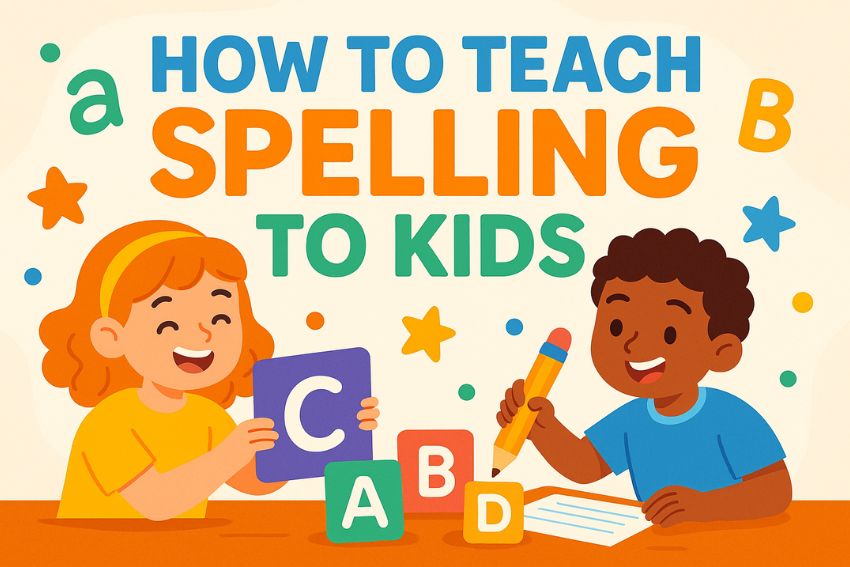
Algebra is a fundamental aspect of the GCSE Maths curriculum, providing students with critical skills for problem-solving and logical thinking. As a key component of mathematics, algebra helps to develop an understanding of abstract concepts and prepares students for more advanced studies. In this comprehensive guide, we will explore the essential topics covered in GCSE Algebra, including linear and quadratic equations, inequalities, and simultaneous equations. Whether you’re aiming for top grades or simply looking to strengthen your algebra skills, this guide will equip you with the knowledge and strategies you need to succeed.
Understanding the Fundamentals of Algebra
Algebra is a foundational component of mathematics that involves the use of symbols and letters to represent numbers and quantities in formulas and equations. It is a powerful tool that allows us to solve problems involving unknown values and to understand relationships between different quantities. Grasping the basics of algebra is crucial, as it serves as the building block for more advanced mathematical concepts.
Basic Concepts of Algebra
- Variables and Constants: In algebra, variables are symbols (usually letters) that stand in for unknown or variable quantities. Constants, on the other hand, are fixed values. For example, in the equation x+5 = 9x, x is the variable, and 5 and 9 are constants.
- Expressions and Equations: An algebraic expression is a combination of variables, constants, and operators (such as addition or multiplication). An equation is a statement that two expressions are equal. For example, 3x + 2 is an expression, while 3x + 2 = 11 is an equation.
- Solving Equations: The primary goal in algebra is often to solve equations, which means finding the value of the variable that makes the equation true. This involves performing operations to isolate the variable on one side of the equation. For example, to solve 2x + 3 = 7 you would subtract 3 from both sides and then divide by 2, resulting in x = 2x.
- Order of Operations: In algebra, the order in which operations are performed is crucial. The standard order is Parentheses, Exponents, Multiplication and Division (from left to right), Addition and Subtraction (from left to right), commonly abbreviated as PEMDAS.
- Functions and Graphs: Algebra also introduces the concept of functions, which are mathematical relationships between sets of numbers. Functions can often be represented graphically, providing a visual way to understand relationships between variables.
Key Topics in GCSE Algebra
Linear Equations
Linear equations are equations of the first degree, featuring variables raised only to the power of one. Solving them typically involves:
- Isolating the variable: Rearrange the equation to have the variable on one side.
- Balancing the equation: Apply the same operation to both sides to maintain equality.
Example: Solve 2x + 3 = 11
- Subtract 3 from both sides: 2x=8.
- Divide by 2: x=4.
Quadratic Equations
Quadratic equations are second-degree equations, often written. They can be solved using several methods:
- Factorisation: Express the quadratic as a product of two binomials.
- Completing the Square: Rewrite the equation to form a perfect square trinomial.
- Quadratic Formula: Use the formula
Example:
Factorise:
Solutions:
Simultaneous Equations
Simultaneous equations involve solving two or more equations with multiple variables simultaneously. Common methods include:
- Substitution: Solve one equation for one variable and substitute it into the other.
- Elimination: Add or subtract equations to eliminate one variable.
Example: Solve the system
Add the equations to eliminate y:
Solve for x
- Substitute x back into one equation to find y.
Inequalities
Inequalities describe a range of possible solutions and use symbols such as >, <, ≥, and ≤. Solving inequalities involves finding a set of values that satisfy the condition.
Example: Solve
Add 3 to both sides:
Divide by 2:
Additional GCSE Maths Topics
Algebraic Fractions
- Simplifying expressions involving fractions with variables.
- Adding, subtracting, multiplying, and dividing algebraic fractions.
Graphs
- Plotting linear and quadratic graphs.
- Understanding the gradient and intercepts.
- Solving equations graphically.
Sequences
- Understanding arithmetic and geometric sequences.
- Finding the nth term of a sequence.
- Recognising patterns and rules.
Functions
- Evaluating functions for specific values.
- Understanding inverse and composite functions.
Transformations
- Reflection, rotation, translation, and enlargement of shapes.
- Describing transformations using vectors and matrices.
Ratio and Proportion
- Solving problems involving direct and inverse proportion.
- Working with ratios in various contexts.
Tips for Mastering GCSE Algebra
- Practice Consistently: Regular practice strengthens understanding and problem-solving skills.
- Focus on Concepts: Understand the ‘why’ behind mathematical rules, rather than just memorising steps.
- Use Visual Aids: Diagrams and graphs can help visualise problems and solutions.
- Simplify Problems: Break down complex problems into smaller, more manageable parts.
- Review Solutions: Always check your work for errors or miscalculations.
Understanding Maths Education in the UK is essential for parents seeking to support their children through the challenges of algebra and other mathematical concepts. The UK curriculum has specific approaches and expectations that, when understood, can help create an effective learning environment at home.
Useful Resources for Further Learning
To excel in GCSE Algebra, having the right resources is crucial. Here are some highly recommended online platforms and tools to help with your revision:
BBC Bitesize
BBC Bitesize offers a comprehensive range of free educational resources covering the entire GCSE Maths curriculum. It includes interactive lessons, videos, and quizzes to reinforce learning. The algebra section, in particular, covers essential topics such as solving equations, simplifying expressions, and understanding functions. BBC Bitesize is an excellent tool for independent learning and revision.
Third Space Learning
Third Space Learning provides over 70 revision guides tailored to the GCSE Maths curriculum. These guides offer step-by-step explanations, practice questions, and exam-style problems for various GCSE algebra topics, including algebraic fractions, graph interpretation, and solving equations. Third Space Learning also offers one-to-one online tutoring, making it a valuable resource for personalised support.
Past Papers
Past Papers are a valuable tool for revising GCSE algebra, offering numerous benefits to boost your exam performance. They provide insight into the exam format, helping you become familiar with the style and types of questions you’ll face, which reduces anxiety and builds confidence. By analysing past papers, you can identify frequently tested topics, allowing you to focus your revision efforts where they matter most.
Practising with these papers under timed conditions improves your time management skills, ensuring you can pace yourself effectively during the actual exam. Understanding the accompanying mark schemes gives you clarity on how marks are awarded, enabling you to tailor your answers to meet examiners’ expectations. When preparing with past papers, it’s important to know which exam board you’re studying under, as question styles and content emphasis can vary – you can learn more about the differences between GCSE maths exam boards to ensure you’re using the most relevant practise materials.
Conclusion
GCSE Maths is a vital part of the curriculum that equips students with crucial analytical skills. By understanding key concepts, practising regularly, and utilising available resources, you can confidently tackle your exams. Whether you’re solving linear equations or exploring transformations, mastering these topics is well within your grasp.








